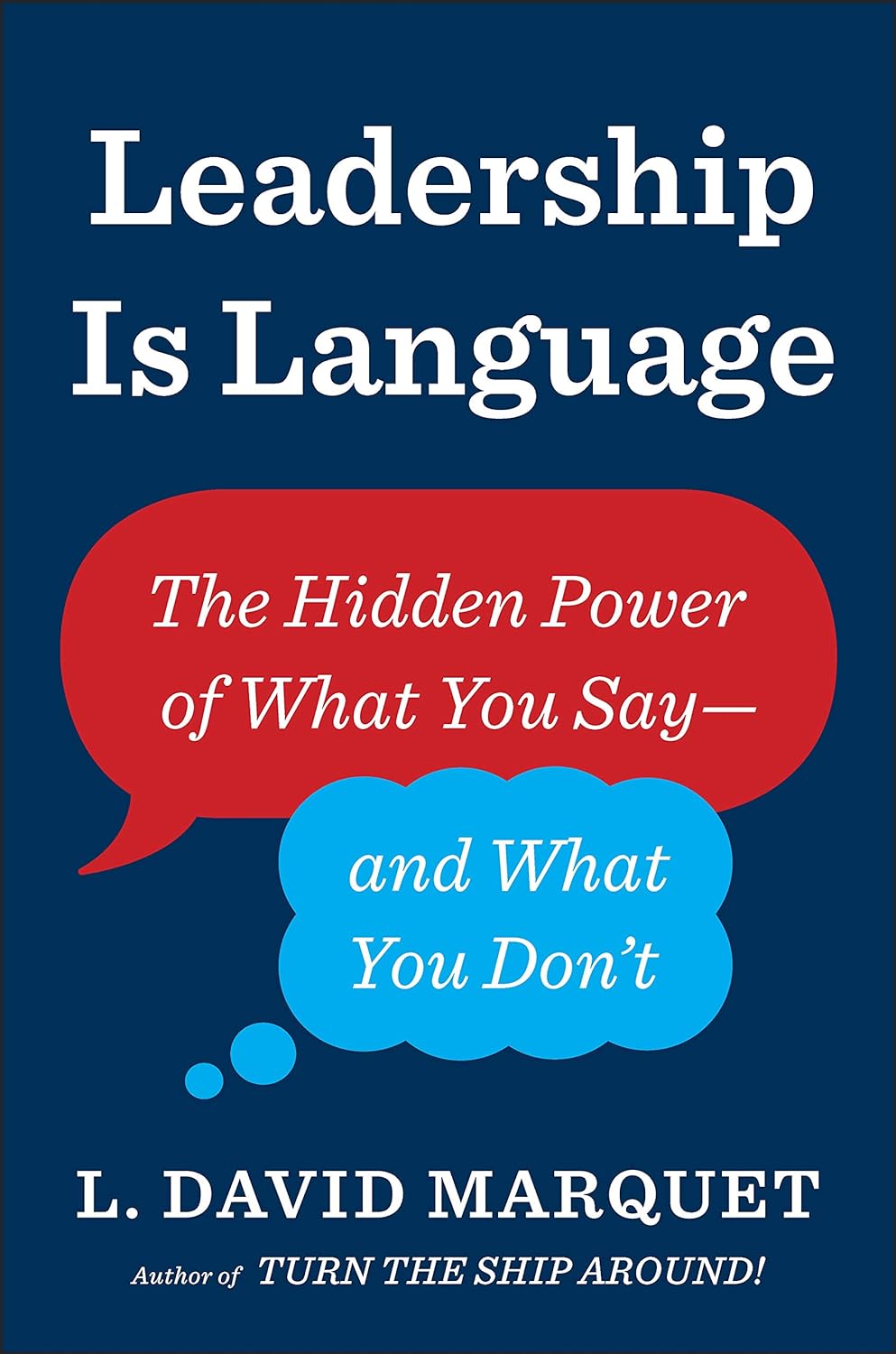
We’re all wired differently. Photo by Aki Kärkkäinen.
Intro
People aren’t resources. People have resources. Resources are things. This article aims to remind everyone that people are people. Amazing, isn’t it? 🙂
Agile Puts People First
I’m always amazed when I hear companies—especially companies claiming to work in an agile way—call people “resources”. Using this kind of language may imply that you not only think that people can be reduced and replaced at will, but also that you’re valuing processes and tools over individuals and interactions. You perhaps do this unconsciously. Or perhaps it’s just your mindset. Either way, it goes against the first value of the Agile Manifesto, which states clearly that agile is fiercely people-first.
Calling people “resources” means valuing processes and tools over individuals and interactions.
Language We Use
Language is important, and we don’t always think nor realise the consequences of the language we use. Our way of speaking and behaving sometimes still originates from “Taylorism”, and the practices of the Industrial Age. In his recent book Leadership Is Language, L. David Marquet describes two different work modes: thinking and decision-making (“bluework“), and doing and execution (“redwork“). These two modes require two different languages. In our agile and VUCA world, the doers must also be the deciders—not “resources” on the receiving end.

L. David Marquet describes two different work modes in his book Leadership Is Language. We need both “redwork“ and “bluework“, and the doers must also be the deciders.
Psychological Safety and Diversity
This is not just semantics. Nor is it a pedantic detail. How much psychological safety would you experience if you’re reduced to merely a “resource“? Would you feel comfortable expressing and being yourself in that climate? Because psychological safety is a property of a group in an organisation, being labelled a “resource” is not particularly helpful. It’s offensive, and may even cause disengagement. What we want to do instead is to create a climate of openness where differing opinions matter, and where diversity and inclusion are valued. Psychological safety is the most important enabler of effective teamwork, according to the findings of Google’s five-year study Project Aristotle (2016). “Resources” (things) can’t build all that, but people with resources can.
Sports Teams and Musicians/Bands
We can learn a lot from sports teams and bands. Would you call Lionel Messi a “resource”? If Thom Yorke wouldn’t be part of Radiohead any longer, would they look for a new “resource”? No, they would look for a new individual, a new member. That sounds much more inclusive and respectful, doesn’t it? Now, not everyone plays in a band, or is a world-class football player. However, the principle stays the same: everyone in the team has a piece of the truth, and changing the members affect both the group dynamics in the team and the outcome of that team’s work. If humans were just swappable “resources”, that wouldn’t be the case.
Human “Resources”
What should we call “HR” then? I don’t know, but People Operations already sounds better. Why not just People? Human “Resources” is an oxymoron. As we’ve seen, human “resource” is a word from a different era; an era where “The One Best Way” was sought after. Modern times require lots of probing, and lots of trial and failure. For that kind of complexity, we need all the different skills and variability people can offer. Give people the best resources, and a safe flexible environment (WFA) where they can do their best work—see also my article on Distributed Agile Teams.
In Closing
Don’t fall into the trap of using outdated and devaluing language. Resources are things. In this post I’ve tried to emphasise why this is such an important distinction. In summary:
- Mean it when you say you put people first
- Replace devaluing language with empowering language
- Build psychological safety with people
- Learn from sports teams and bands
- Modernise HR terms
Remember: people who still refer to you as a “resource”, can never take away the fact that the way you are wired is unique.